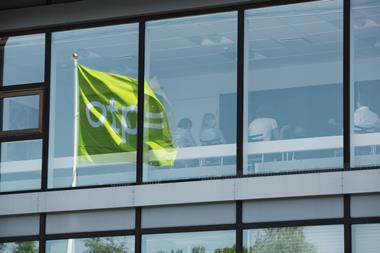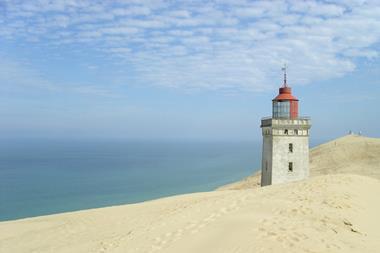The Danish Pension Commission tasked two years ago with recommendending improvements for the pension system published its long-awaited report today, including a range of proposals such as easing the rate at which the pension age rises.
Jørn Neergaard Larsen, chair of the panel officially called The Commission on Retirement and Decreasing Working Ability (Kommissionen om tilbagetrækning og nedslidning), said: “With the Commission’s recommendations, we are seeking to ensure sustainability and justice in our pension system.”
Neergaard Larsen is a former minister of employment and former chief executive officer of the Confederation of Danish Employers (DA).
The commission said Denmark had a pension system in a class of its own, adding: “But to equip the system for the future, some changes are needed: A looser adjustment of the state pension age, to ensure more equal pension conditions across generations; a strengthening of the incentives for pension savings, and for pension benefits to reflect the fact that pensioners have become financially better off.”
The report’s recommendations come under three headings – securing the pension system for the future; strengthened incentives to save for a pension, and better channeling of state benefits.
At the top of the list – numbered zero – the commission makes a recommendation that Denmark puts a comprehensive pension policy in place.
The other 12 recommendations include a more relaxed indexation of state pension age from 2045, whereby it is life expectancy at retirement age, rather than life expectancy at birth, that determines the pension age.
This would mean, it said, that the pension age would only increase by half as much, post 2045, as it would under the current rules.
Other recommendations include introducing a special ATP contribution for people without, or with very limited pension contributions, to ensure that all working people make at least some pension savings.
Because pension savings for some in Denmark are offset against state pension benefits to a very high degree – making it not worth saving for retirement – while at the same time pensioners in general are becoming better off financially, the commission said it is proposing a range of measures to update pension benefit arrangements.
These changes are needed to ensure the elderly are not financially better or worse than other age groups, the panel said.
In terms of increased incentives to make pension contributions, the commission is recommending several measures including an increase in the tax deduction for pension savings, and the option to pause payments from a “ratepension” – a type of private pension – to provide flexibility for people choosing to work after their pension age.
Insurance & Pension Denmark said it welcomed the recommendations from the commission and hoped politicians would seize the proposals to improve the incentives to save up for retirement.
Kent Damsgaard, CEO of the lobby group, said: “The Commission has looked at the pension system closely, and they, like us, are concerned with improving the incentives to save up for retirement and make the individual Dane’s withdrawal from the labour market more flexible.”
However, the public sector trade union FOA described the recommendations as a mixed bag.
The union said it welcomed the fact that the Commission wanted to change the principle that any increase in average life expectancy had automatically to be converted into a longer working life.
FOA president Mona Striib said what was needed was the creation of a more differentiated system that took account of people’s lived reality.
“Not everyone has the same development in healthy ageing. It is quite clear that the uneducated and low-paid will continue to be challenged by a harder working life than many others in the labor market,” she said.
There were proposals from the Commission which increased inequality and went in the wrong direction completely – in particular to the proposals to abolish housing benefits and other benefits for old-age pensioners, said Strib.
Read the digital edition of IPE’s latest magazine















